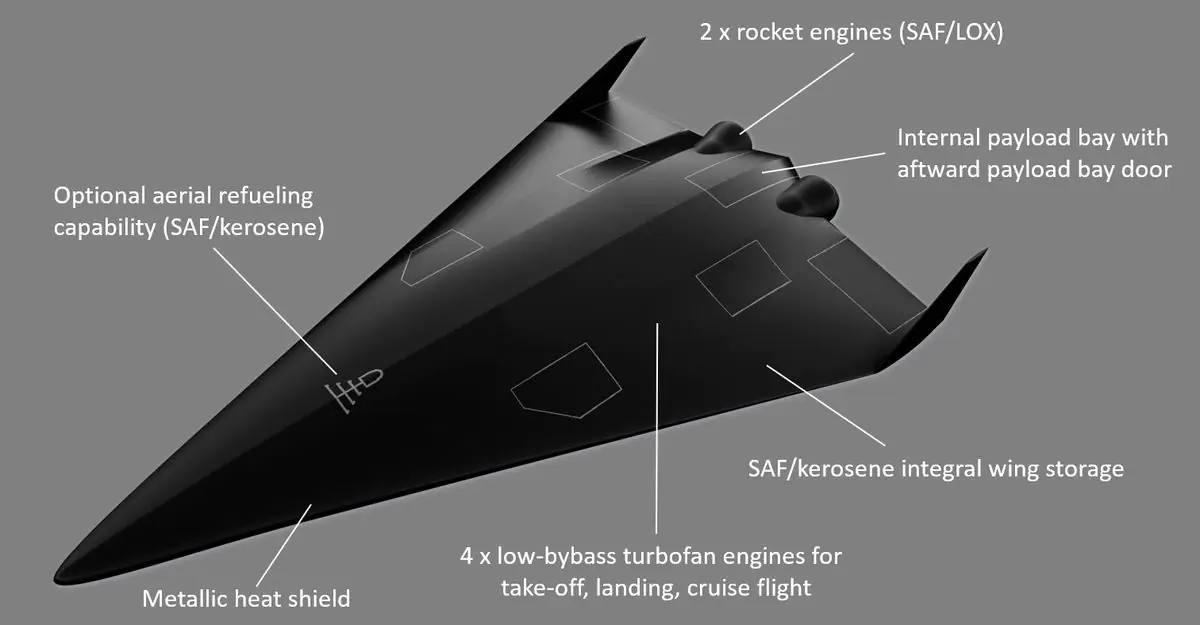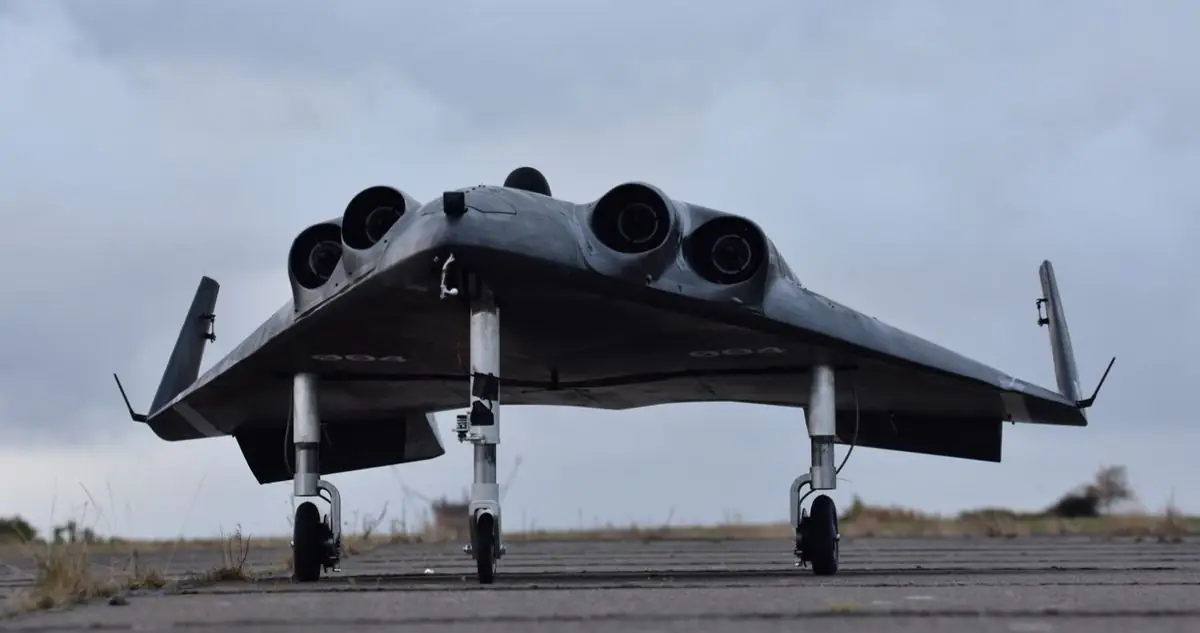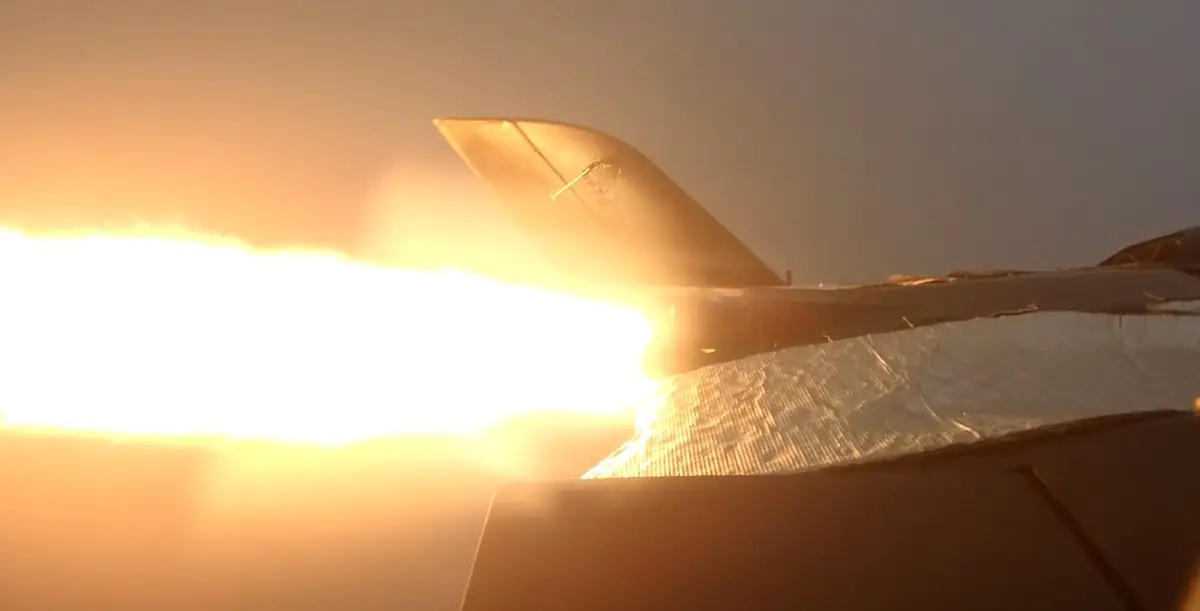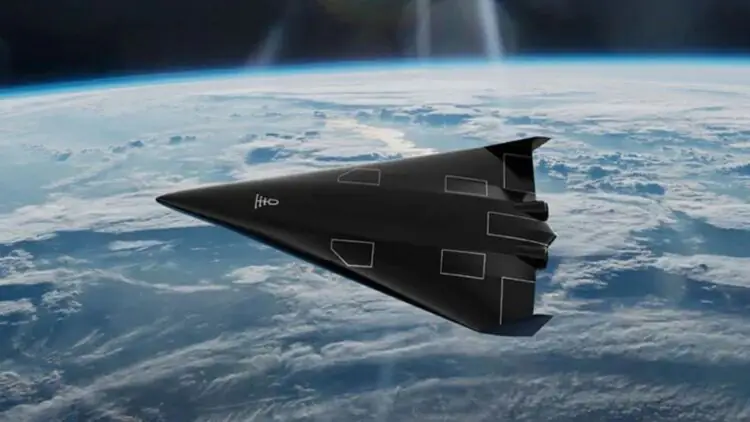The German Armed Forces have commissioned the startup Polaris to develop a two-stage, fully reusable hypersonic spaceplane. Founded in 2019, the company is a subsidiary of the German Aerospace Center (DLR) and builds on over thirty years of German and European research into spaceplanes. The team is tasked with creating this cutting-edge spacecraft within just three years.
The 28-meter spaceplane, named Aurora, will be part rocket, part aircraft. It is designed to take off and land on a runway, as well as be capable of traversing the atmosphere and placing payloads weighing up to 1 ton into low Earth orbit.
Under the terms of the contract, the startup is required to design and build the spaceplane, as well as conduct flight tests. The aircraft will serve as a test platform for hypersonic flights and defense research. Polaris noted that the spaceplane could also be used as a small launch vehicle for deploying satellites if equipped with a reusable booster stage.

The startup already has three demonstration models of the Aurora. The first, Mira I, crashed shortly after its first flight. However, Mira-II and Mira-III had better luck. These 5-meter-long vehicles, each weighing 240 kg, have completed over 100 successful test flights since their first launch in September last year.

The Mira series prototypes are equipped with jet engines for takeoff, flight, and landing, as well as a wedge-shaped air-breathing rocket engine. This engine adapts to changes in atmospheric pressure at all altitudes, making it more efficient than traditional designs. Currently, Polaris is working on advanced cooling technologies and materials.
In October last year, Polaris made history by completing the first-ever flight with an air-breathing rocket engine. The AS-1 was ignited during flight for three seconds aboard Mira-II over the Baltic Sea, generating a thrust of 900 newtons. This allowed the 229 kg vehicle to reach a speed of 864 km/h. Aurora is expected to achieve hypersonic speeds over 5 Mach (more than 6125 km/h) in the future.

It is noted that spacecraft like the Aurora could prove to be a more cost-effective solution for accessing space compared to rockets. Among their advantages are the ability to take off from a regular runway and the potential for reusability.
The announcement from Polaris came just a few days after the new Chancellor of Germany, Friedrich Merz, expressed doubts about whether NATO would remain in its “current form.” He also urged Europe to increase defense spending.
Source: thenextweb









